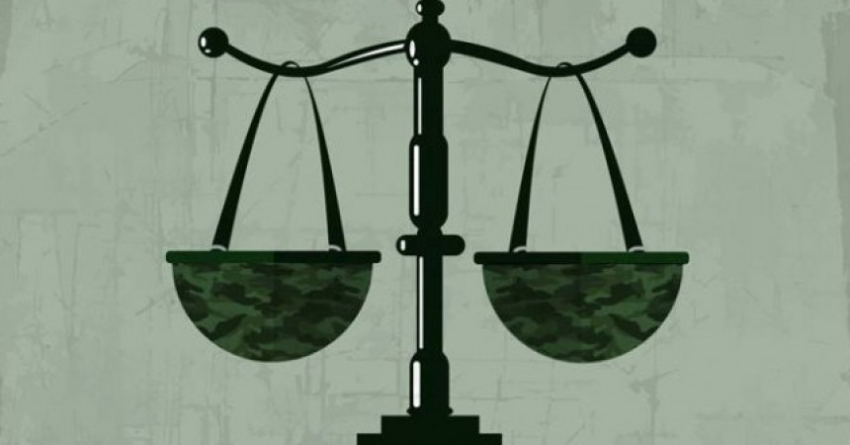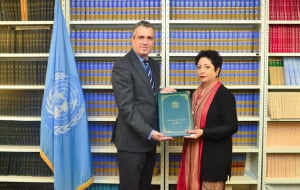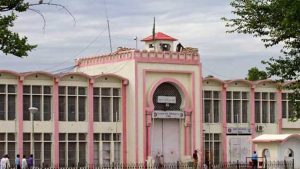ISLAMABAD – Another meeting of parliamentary leaders to discuss the revival of military courts ended without any consensus on Friday.
During today’s meeting, chaired by Minister for Law and Justice Zahid Hamid, the government agreed to revise its demand for a three-year period for military courts down to two. But the deliberations failed to conclusively decide the pivotal issue.
“If all parties agree, military courts can be revived for a period of two years [instead of three],” Hamid said.
However, the opposition did not respond positively regarding the proposal.
PPP MNA Naveed Qamar said that the proposal would be presented before the senior party leadership for approval.
‘The PPP is intent on calling an all-parties conference to discuss military courts and the constitutional amendments proposed by the government,’ Qamar added.
In the revision process, the government also added clauses to put anti-state activities within the purview of military courts.
‘Anti-state activities and violent acts against the state have been included in our proposal,’ Hamid said.
“The proposed amendments, along with a bill regarding necessary amendments to the Pakistan Army Act, will be sent to parliamentary leaders,” the law minister added.
The ministers expressed that parliamentary leaders would be discussing the proposals with respective party heads before the next meeting scheduled to be held on Tuesday.
On the other hand, Pakistan Peoples Party has decided to convene an all parties conference on March 4 to deliberate on the issue of proposed extensions in the tenure of military courts.
According to a statement issued by PPP on Friday, the conference will be held in Islamabad in which the leadership of all political parties will be invited.
‘The official invites to political leaders will be issued from Saturday’ the statement added.
The military courts had been established through constitutional amendment following the attack on Army Public School in Peshawar in December 2014.
“Special constitutional arrangements were made to effectively check the terrorists and terrorism,” ISPR said in a statement.
“Routine judicial system was under stress wherein judicial set ups and judges were also subjected to act of terrorism,” the statement read while justifying the establishment of the said courts.
“During the period of its validity, 274 cases were referred to military courts. Of these 161 were awarded death penalty (12 executed) and 113 were awarded imprisonment of varying duration,” it added.
ISPR also claimed that the disposal through military courts yielded positive results towards reduction in terrorist’s activities.
















